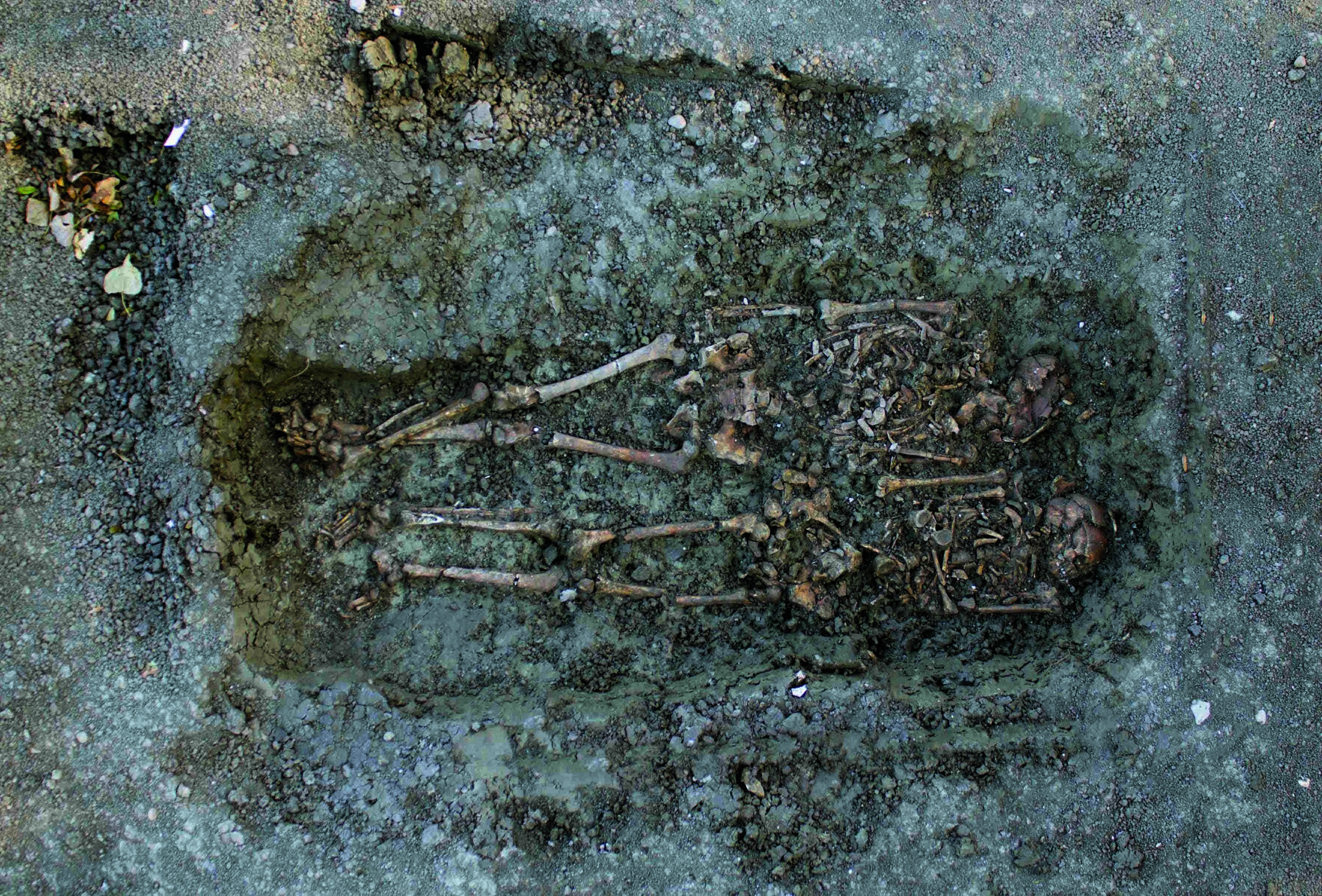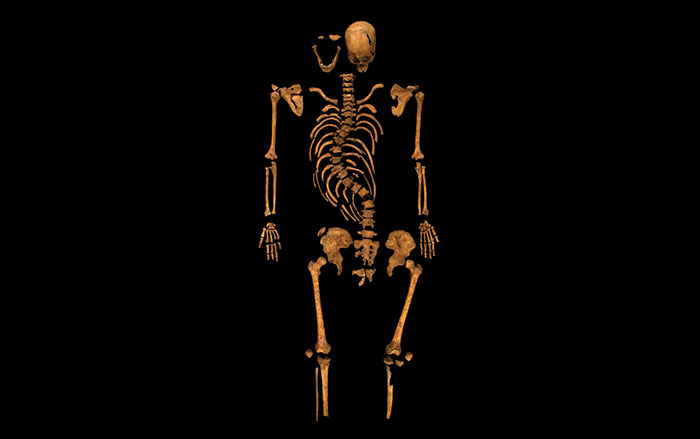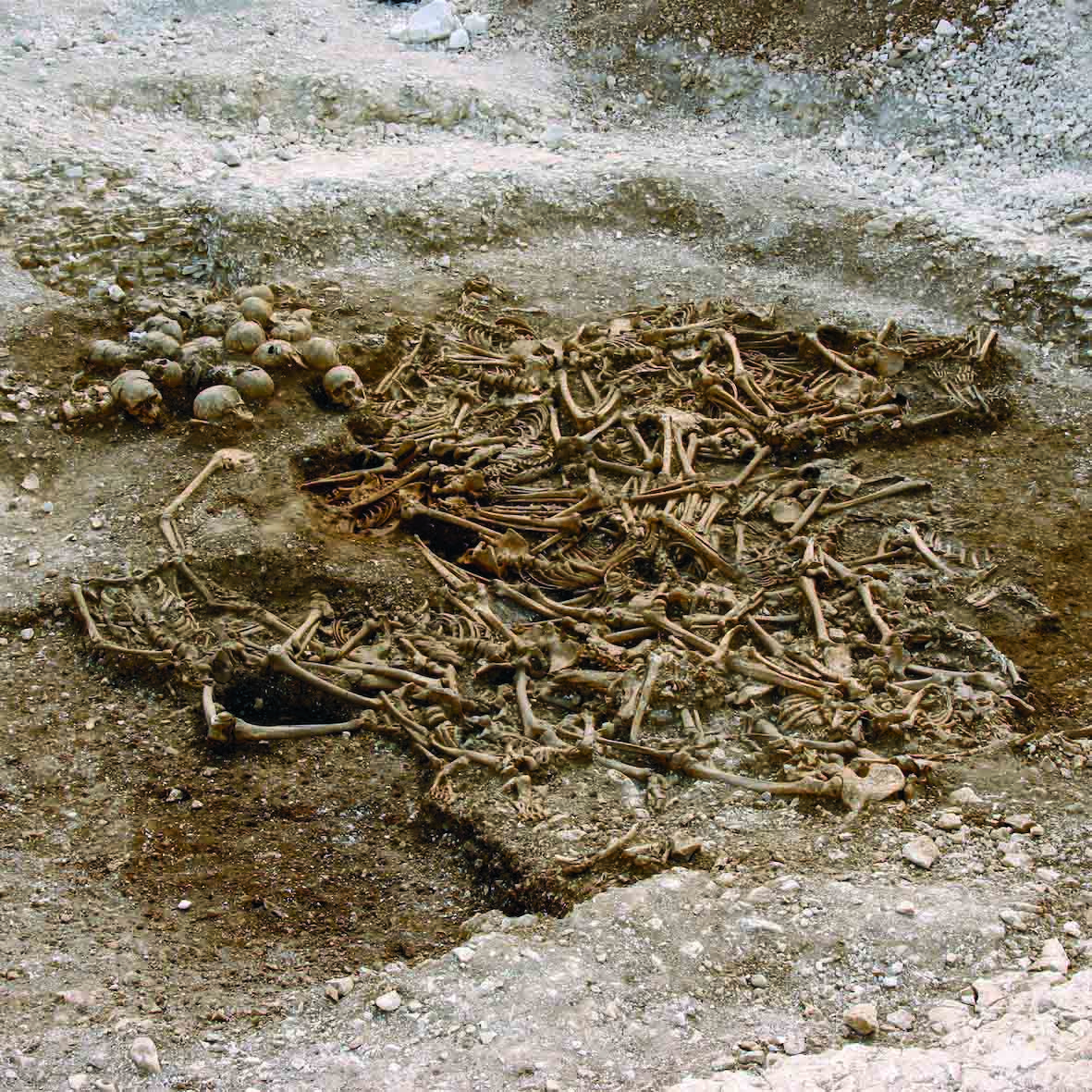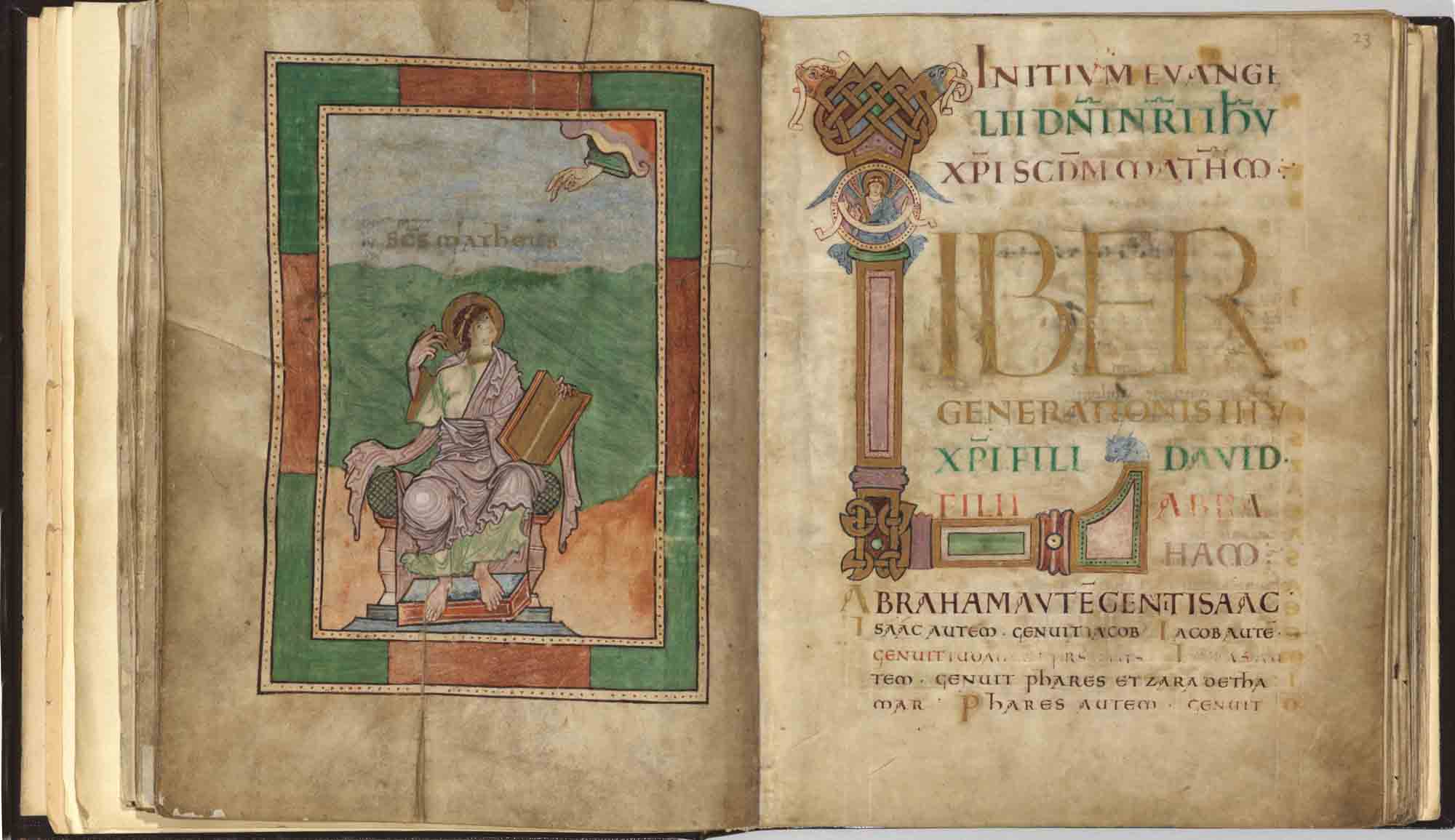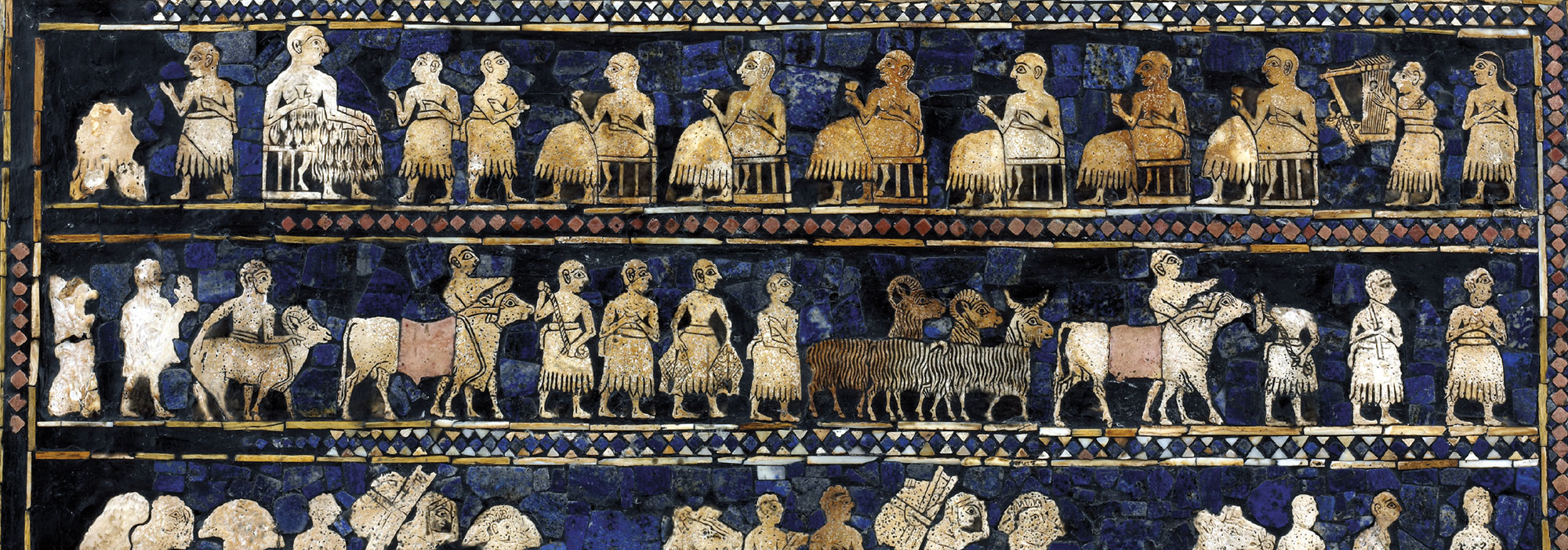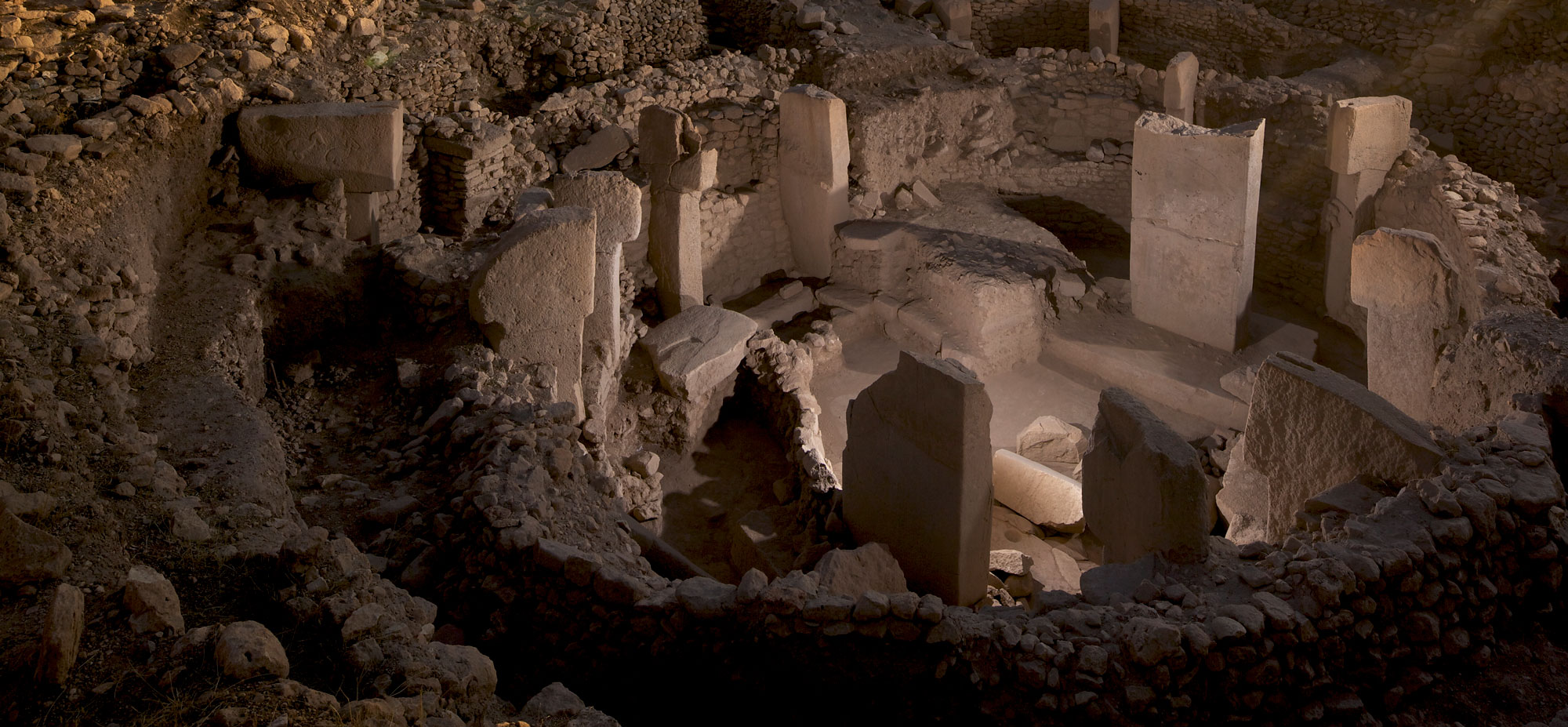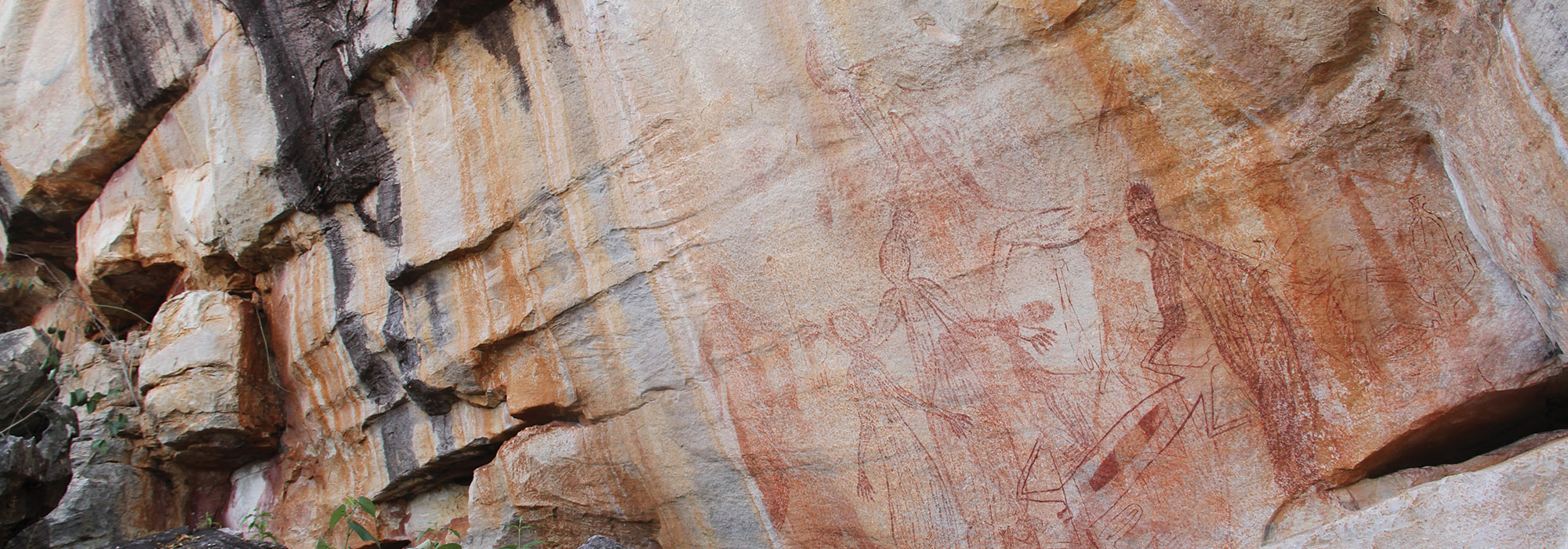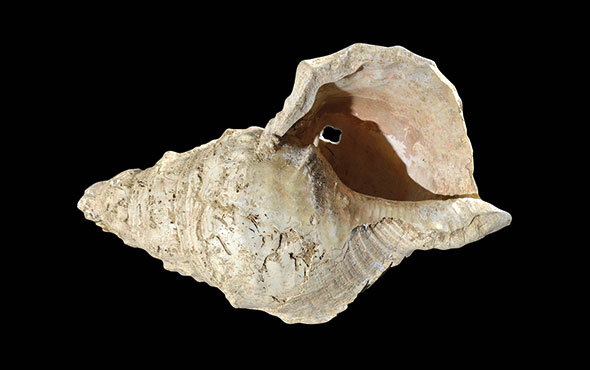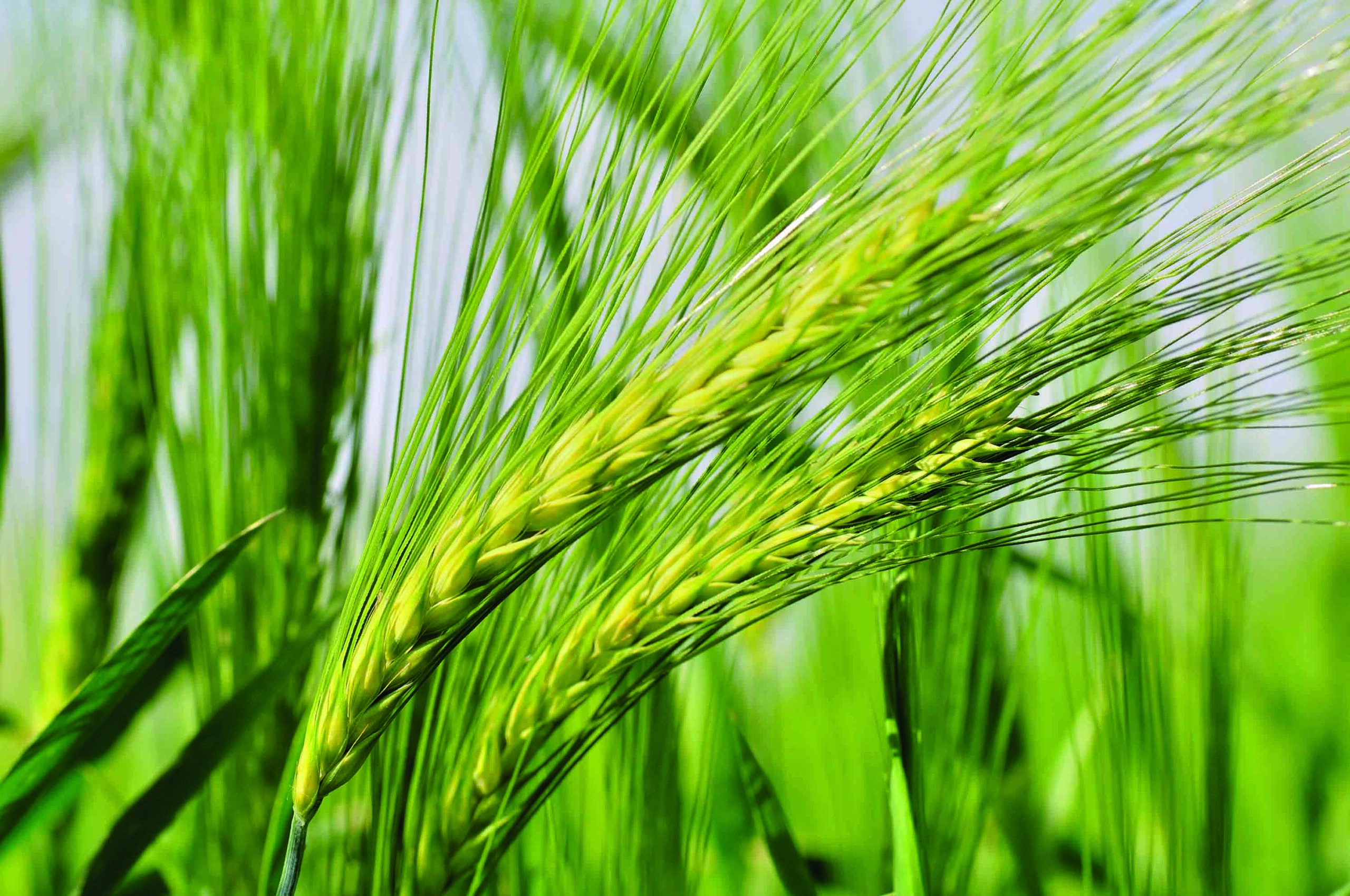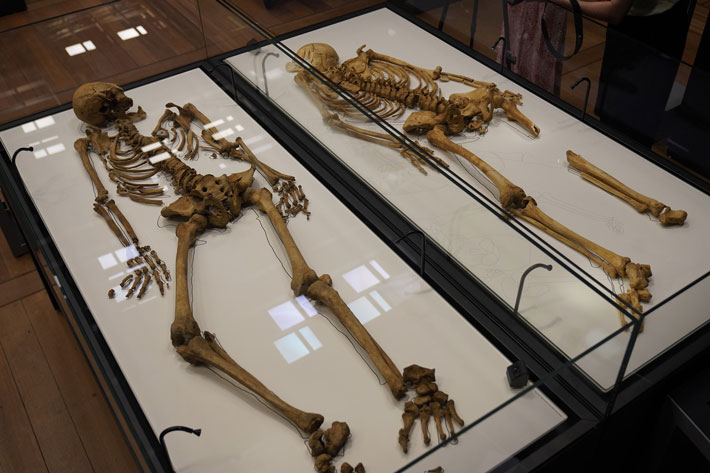
COPENHAGEN, DENMARK—The AFP reports that DNA analysis has linked the remains of two men who died some 1,000 years ago. The remains of one man, who was in his early 20s when he died from head wounds, were found in a mass grave in Oxford, England. His relative, whose remains were unearthed in Denmark, died in his 50s. These bones bear the marks of healed wounds. “This is a big discovery because now you can trace movements across space and time through a family,” said Jeanette Varberg of Denmark’s National Museum, where the two skeletons have been reunited in one display. “It’s very difficult to tell if they lived in the same age or [if] they differ maybe by a generation, because you have no material in the grave that can give a precise dating,” she added. The men could have been half-brothers, grandfather and grandson, or an uncle and nephew. The younger man may have been killed during a Viking raid in England, or killed in 1002 when King Ethelred the Second ordered the deaths of all Danes in England. For more on Viking genetics, go to "Largest Viking DNA Study," one of ARCHAEOLOGY's Top 10 Discoveries of 2020.


